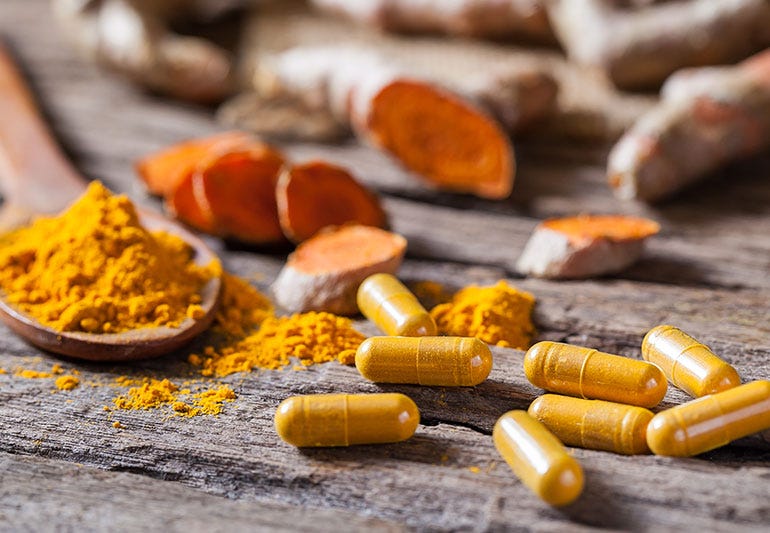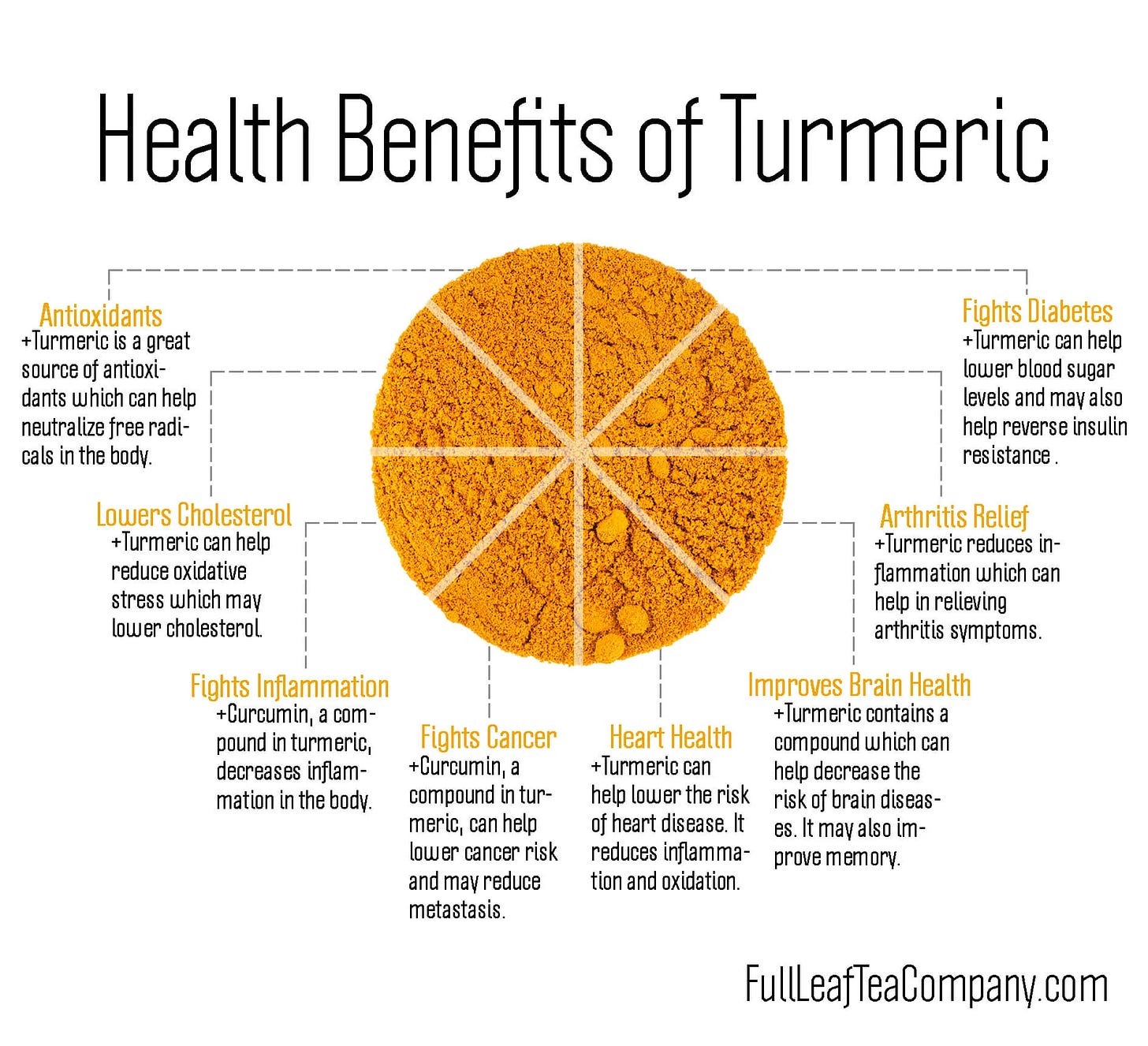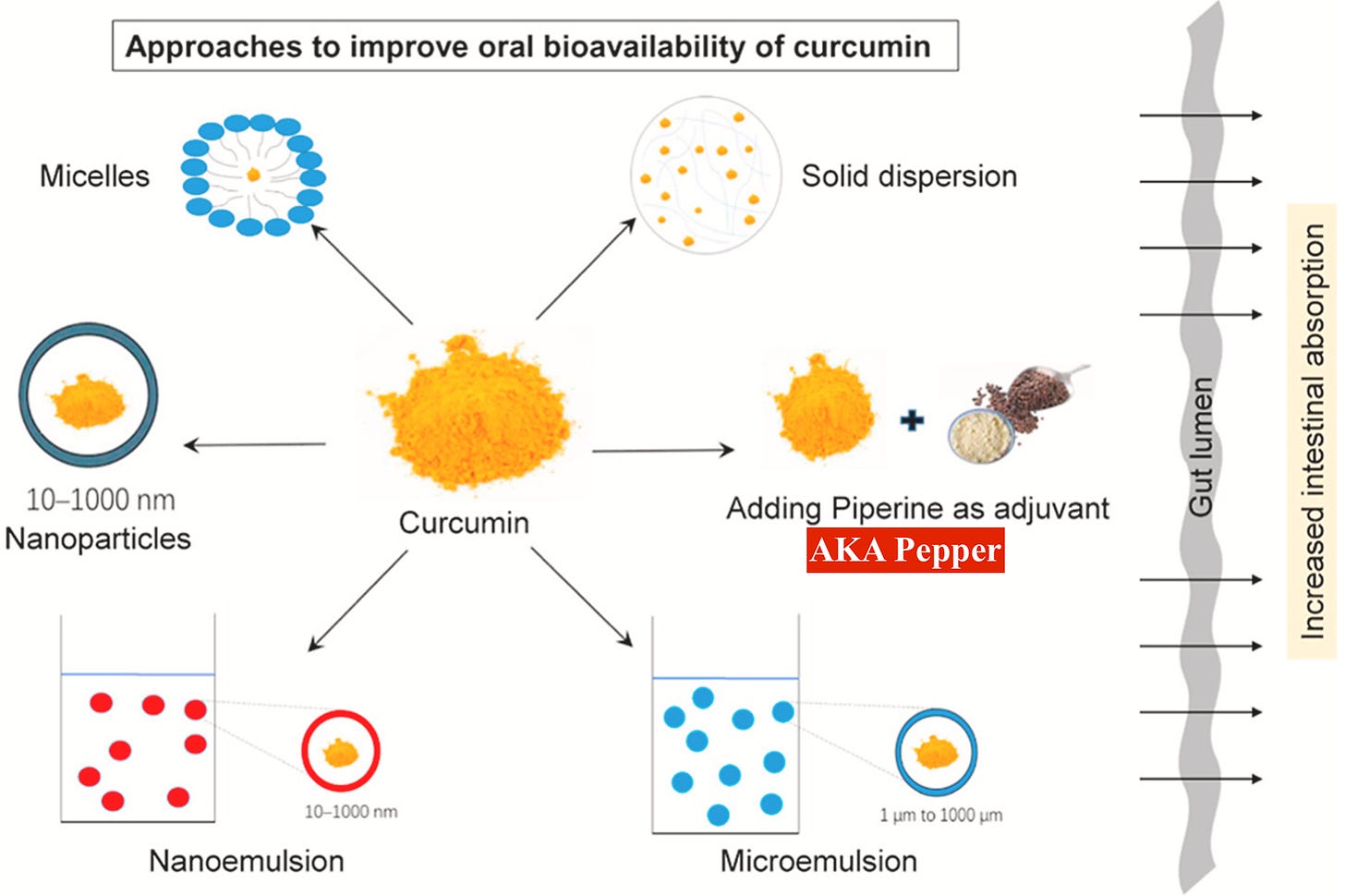
Curcumin is a polyphenol, which is found from the plant Curcuma longa. The colloquial name for curcumin is turmeric (Adahoun, Al-Akhras, Jaafar, & Bououdina, 2015). Over the past 50 years, considerable research has been performed on turmeric exploring its influence upon health, prevention of disease, as well as its therapeutic affects as an anti-tumor, anti-oxidant, and anti-inflammatory agent (Adahoun et al., 2015). The following sections will consider curcumin as an anti-inflammatory nutrient in controlling premenstrual syndrome (PMS) symptoms.

Khayat, Fanaei, Kheirkhah, Moghadam, Kasaeian, and Javadimehr (2015) conducted a randomized, double blind, placebo-controlled trial exploring the affects of curcumin on PMS. 70 female participants were included in the study and inclusion criteria was as follows: healthy premenopausal women with normal menstrual cycles (21–35 days), being single, absence of sensitivity to curcumin, no use of medication, no alcohol consumption/smoking, and no stressful events in the last 3 months (Khayat et al., 2015). Participants were instructed to record symptoms with questionnaires for two cycles before the intervention (Khayat et al., 2015).

Doses of curcumin and placebo were 100 mg every 12 hours, and were given from 7 days before and until 3 days after onset of menstrual bleeding. The participants completed the questionnaire at their first, second and third menstrual cycles. The questionnaire covered topics such as mood symptoms– restlessness, irritability, anxiety, depression or sadness, crying, feeling of isolation, physical symptoms– headache, breast tenderness, backache, abdominal pain, weight gain, swelling of extremities, muscle stiffness, gastrointestinal symptoms and nausea, and behavioral characteristics– fatigue, lack of energy, insomnia, difficulty in concentrating, increased or decreased appetite (Khayat et al., 2015).
After interventions, the severity of PMS was evaluated. Findings indicated that the baseline of PMS symptoms did not differ between the experimental group and placebo group. However, after 3 consecutive cycles treatment with curcumin significantly reduced symptoms (mood, behaviour, physical symptoms) in the experimental group (Khayat et al., 2015). Such evidence suggests that turmeric may provide a natural means of controlling symptoms associated with PMS.
References
Adahoun, M. A., Al-Akhras, M. A. H., Jaafar, M. S., & Bououdina, M. (2015). Enhanced anti-cancer antimicrobial activities of curcumin nanoparticles. Artificial Cells, Nanomedicine, and Biotechnology, 45(1), 98-107.
Khayat, S., Fanaei, H., Kheirkhah, M., Moghadam, Z. B., Kasaeian, A., & Javadimehr, M. (2015). Curcumin attenuates severity of premenstrual syndrome symptoms: A randomized, double-blind, placebo-controlled trial. Complementary Therapies in Medicine, 23(3), 318-324.
-Michael McIsaac
